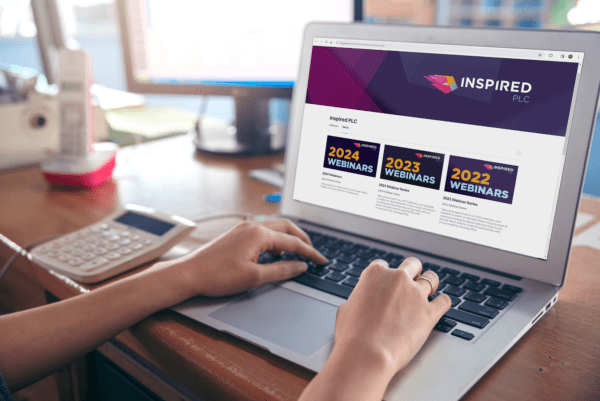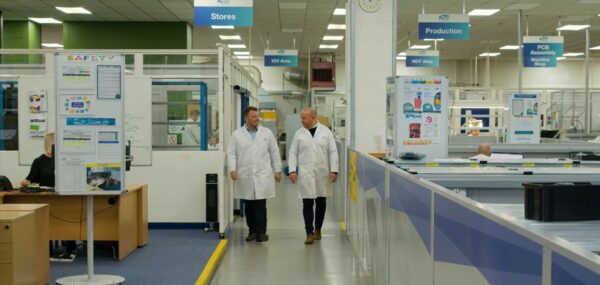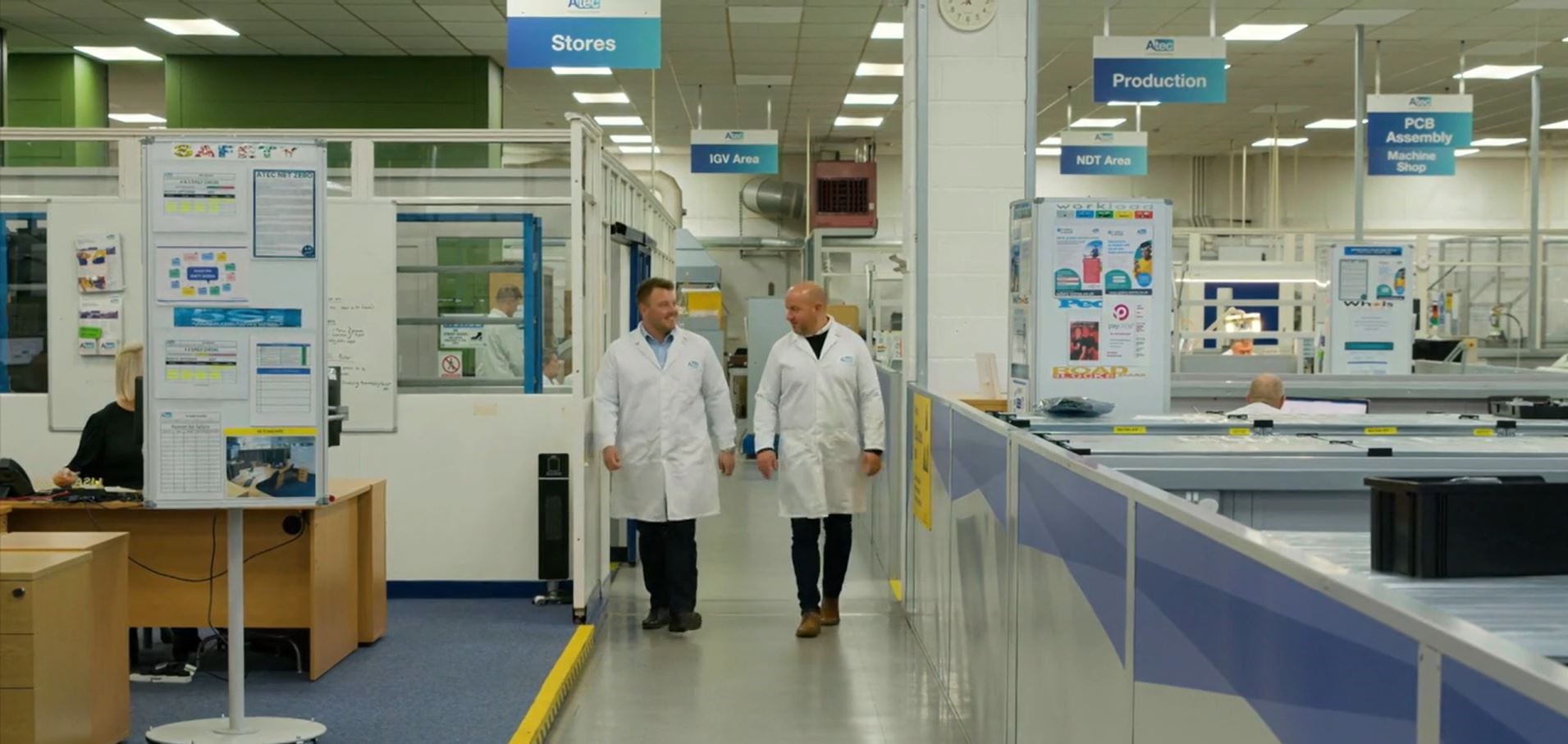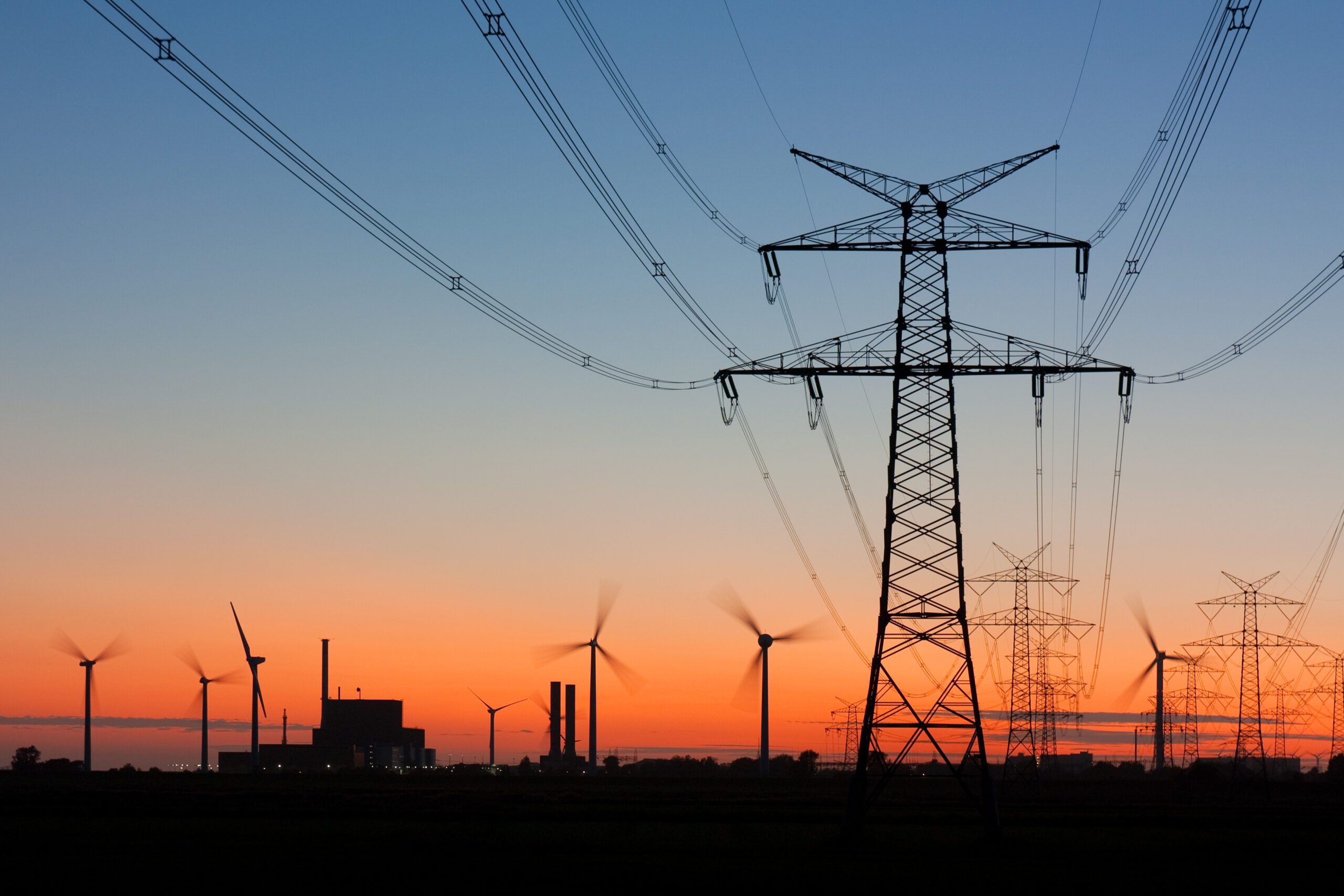
How businesses can optimise and reduce their energy consumption
With energy strategies aiming to reduce costs and consumption as well as carbon footprint to support the UK government’s 2050 net zero target, how can businesses optimise and reduce their energy consumption?
Optimising and reducing energy consumption is a top priority for many energy and facilities managers across the UK. With energy strategies aiming to reduce costs and consumption as well as carbon footprint to support the UK government’s 2050 net-zero target, how can businesses optimise and reduce their energy consumption?
Here, we explore some routes businesses can take.
Data
Data is what helps us monitor, analyse, evaluate, and record energy consumption across many different formats. From electricity and gas to renewables and other energy-saving strategies and technologies.
Having data allows energy managers to make better-informed decisions when it comes to how to optimise and reduce their consumption. Advanced data analytics along with Artificial Intelligence (AI) and the Internet of Things (IoT) can be applied to low-temperature energy optimisation, heat recovery and renewable energy to lower energy costs. Data should be the foundation on which businesses base their entire energy and carbon reduction strategies and can be a powerful tool. Once you have established a data benchmark, you’ll be able to better track your energy efficiency improvements and place a monetary value on the effect they have. Here are some of the most effective energy management strategies businesses use.
Energy management
Another large part of optimising and reducing energy consumption is energy management, which usually includes several routes depending on how a business is looking to tackle it.
A Building Energy Management System (BEMS) is a good tool for energy and facilities managers to better manage a building’s energy consumption and efficiency. A BEMS can track, monitor and adjust almost all a building’s energy systems, from air conditioning to heating and ventilation and ensure the building is operating as efficiently as possible.
But A BEMS isn’t the only tool that businesses can use to improve their energy efficiencies. Simple on-site efficiencies including LED lighting, monitoring, and targeting as well as leak detection and alerts can help give better control over consumption and act quickly when an area is being used too much.
But energy management doesn’t stop there. Going one step further by installing renewable energy technologies can support both your consumption and optimisation aims as well as any mandatory reporting and net-zero goals.
From EV charging to solar PV installation, there are many options open to businesses when it comes to generating their own energy. Renewable energy can also open up revenue-generating opportunities to businesses. Participating in Demand Side Response (DSR) is where businesses would be paid by the National Grid to turn down their consumption during peak periods to help balance the grid.
Get started optimising and reducing your energy consumption today
There are almost unlimited options for businesses looking optimise and reduce their energy consumption. Act now to speak to an expert and get ahead of your business net-zero goals today on 01772 689250 or email [email protected].










